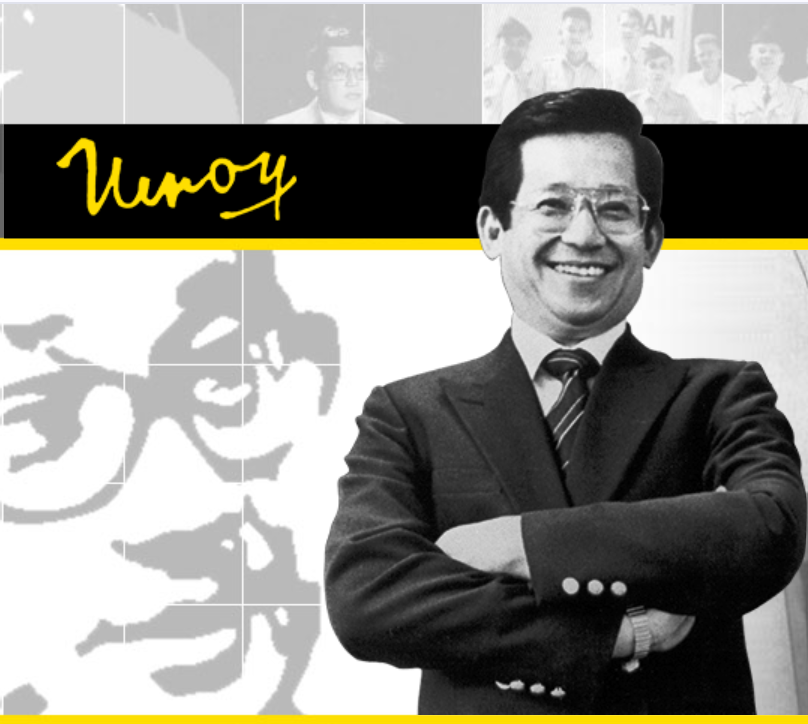By: Ruwena D. Cascayan- Teacher II

Today marks the Ninoy Aquino Day a significant observance in the Philippines, commemorated every August 21st. It honors the memory of Senator Benigno “Ninoy” Aquino Jr., a prominent figure in the country’s history and a martyr for democracy.
Ninoy Aquino was a committed critic of the Marcos regime, which ruled the Philippines under martial law for much of the 1970s and 1980s. His outspokenness and dedication to the cause of democracy made him a target of the administration, leading to his imprisonment and eventual exile to the United States. Despite the dangers, Aquino decided to return to the Philippines in 1983 to continue his struggle for freedom and reform. On August 21, 1983, Ninoy Aquino was assassinated upon his arrival at the Manila International Airport (now named Ninoy Aquino International Airport in his honor). His death was a pivotal moment in Philippine history, sparking widespread outrage and stimulating opposition to the Marcos dictatorship. The event is often credited as the catalyst for the People Power Revolution of 1986, which eventually led to the downfall of Ferdinand Marcos and the restoration of democracy in the Philippines.
On this day is a national non-working holiday in the Philippines, as established by Republic Act No. 9256, signed into law by President Gloria Macapagal-Arroyo in 2004. The day is marked by various ceremonies and activities that honor Ninoy’s legacy and his role in the struggle for democracy. Typically, the day includes wreath-laying ceremonies at the Ninoy Aquino monument in Manila, special Masses, and educational activities that aim to raise awareness about Aquino’s life and the importance of upholding democratic principles. Schools, civic organizations, and government institutions often hold programs highlighting the day’s significance and encouraging reflection on the sacrifices made by those who fought for the country’s freedom.
His legacy continues to inspire generations of Filipinos. His famous words, “The Filipino is worth dying for,” have become a rallying cry for those who champion democracy, human rights, and social justice. The observance of Ninoy Aquino Day serves as a reminder of the importance of vigilance in safeguarding the freedoms and rights that were hard-won through the sacrifices of people like Aquino. The impact of Ninoy’s death also had a profound effect on his family. His wife, Corazon “Cory” Aquino, would later become the first female President of the Philippines, leading the country during a period of significant political and social transition. Their son, Benigno “Noynoy” Aquino III, also served as President from 2010 to 2016, continuing the family’s legacy of public service.
Ninoy Aquino Day is not just a day of remembrance, but a call to action for all Filipinos to remain committed to the democratic ideals that Aquino fought for. It is a day to reflect on the nation’s history, honor those who have contributed to its progress, and ensure that the lessons of the past continue to guide the future.
Recently, President Ferdinand R. Marcos Jr. issued Proclamation No. 665, moving the observance of Ninoy Aquino Day from Wednesday, August 21, 2024, to Friday, August 23, 2024, to boost domestic tourism in the country. The proclamation, signed by Executive Secretary Lucas Bersamin on August 15, 2024, aims to extend the weekend and encourage local travel while ensuring that the historical significance of Ninoy Aquino Day remains honored.



